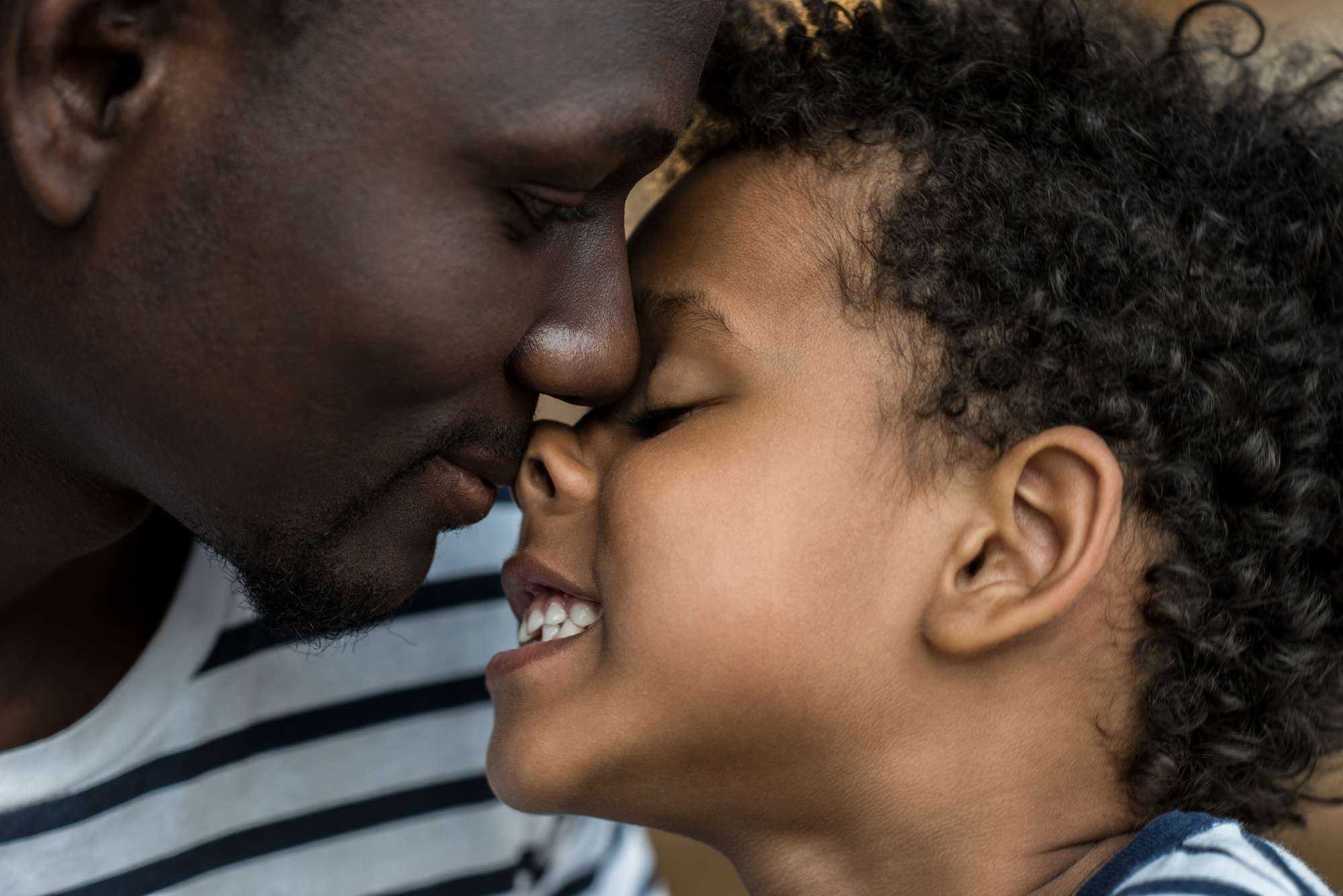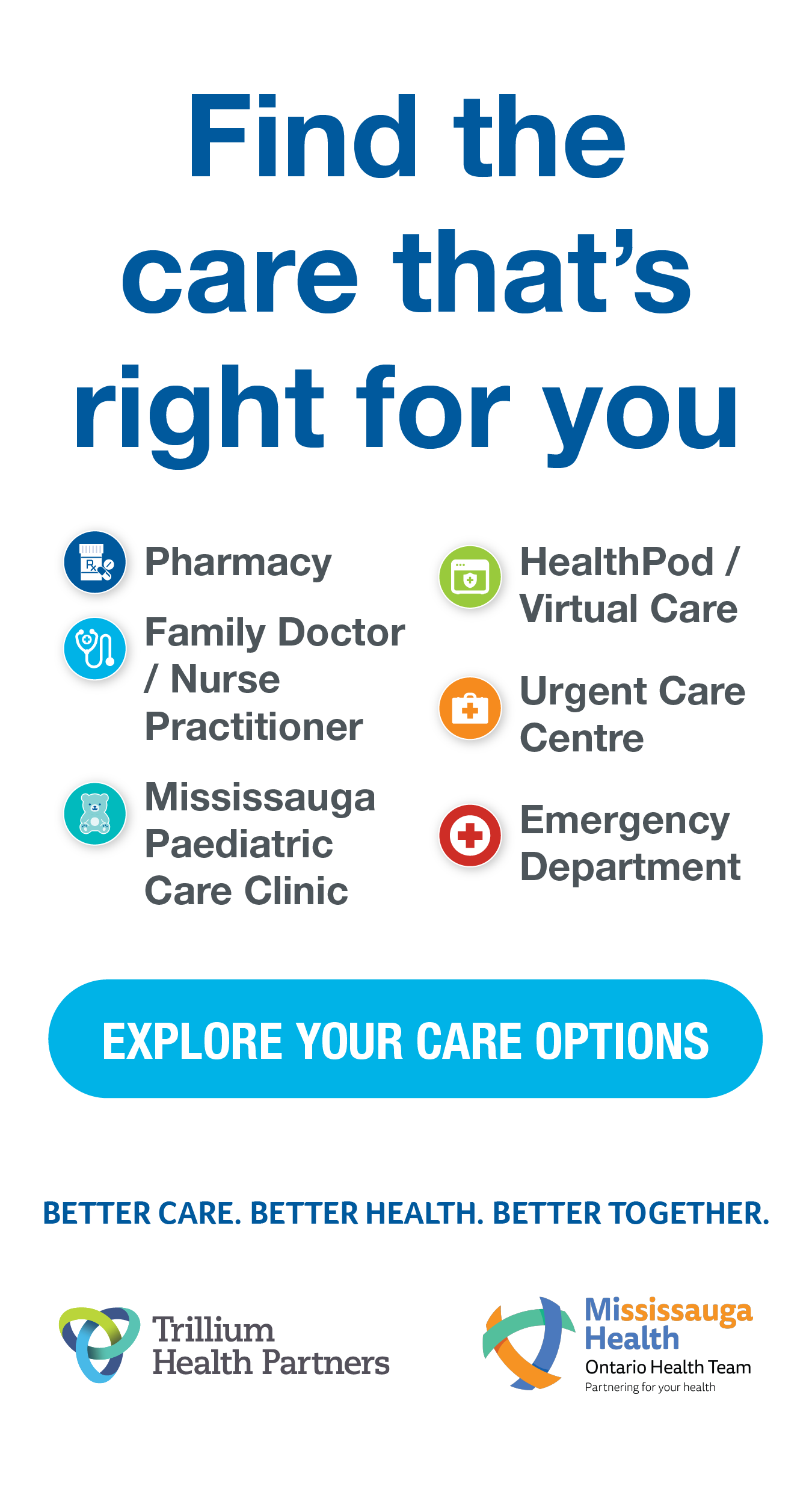on
BY SIMONE J. SMITH
“Legacy building is important.” Paul Osbourne James (Dad Fest Attendee)
“Thank you for always coming home dad!” This is a statement I have spoken many times to my own father. I cannot remember a time when my father was not active in my life. It is my dad who instilled many of the values that I have right now.
Research continues to suggest that father’s play a significant role in the growth and development of a child. Whether it is a young lady, or a young man, fathers have a strong influence on a child’s school adjustment, social competence and psychological well being (Cooper, 2015).
There seems to be a projected and overwhelming negative image of African fathers. Much of the discussion has centered on the negative impacts of a fathers absence. What is not taken into consideration is that there are some involved, loving, passionate African men, who remain active in their children’s lives, even if they may not be involved romantically with their child’s mother. A great example is a study that was done comparing Caucasian and Latino fathers; it was found that African fathers reported higher levels of engagement in caregiving and play activities (Cooper, 2015).
What is not being discussed is the positive impact African men have on the lives of their children. We as a community must continue to focus on the roles and contributions of African fathers. Now, more than ever, we have to reframe the discussion, and shine a positive light on the involvement and engagement of African fathers across the globe.
I was very happy when Ed Gough (aka Dr. Vibe), invited me to be part of the annual Dad Fest on Saturday, June 20th, at 3:00 pm. It was great experience being a silent participant, because it gave me an opportunity to experience African men from across Canada speaking on fatherhood, and their personal stories of: triumphs, challenges, and life lessons.
“Brothers, too many people die with a bill not a will.” Dr. Vibe (Host, Dad Fest)
When I clicked on to the Zoom meeting, I was pleasantly greeted with heart-thumping baselines, and familiar tunes that were being spun by the one and only Dj Benjamin DeGraff. That was new for me, and a welcoming surprise. Slowly, I saw men filtering on to the call, but it didn’t feel awkward because everyone was enjoying the music.
There were some quick introductions, and then Dad Fest kicked of with their first panel of guests, which included:
- Mark Smith (Founding Members of Lions Club)
- Dalton Higgins (More than a Haircut)
- Cassius Washington Smith
- Jermaine Spence
- Brandon Hey (Black Daddies Club)
This powerful group of panellists shared their expertise, and passion for fathering discussing: what co-parenting looked like during COVID-19, how they were taking care of their mental health and the mental health of their children, managing emotions, and how they were keeping their children engaged during the pandemic.
One item of importance that was shared was the fact that children were not getting enough physical activity. Most recently, The Hospital for Sick Children has launched the Centre for Healthy Active Kids. Their focus is on understanding how nutrition and physical activity impacts a child’s life, and they explore early intervention and prevention strategies that promote healthy, active living (http://www.sickkids.ca/Centre-for-Healthy-Active-Kids/index.html)
After the first panel discussion there was an intermission, which was skilfully utilized to engage fathers in attendance with tips for black families during COVID-19, and Father’s Day poll questions. This gave the fathers a chance to speak for themselves, and express their own specific viewpoint on a selection of questions, and thoughtful insights. I thought I would share the 10 poll questions for our readers to think about:
- How being a parent is one of the best parts of my life?
- I put so much into parenting; I don’t have time for myself. (Yes/No)
- I honestly believe I have all the skills necessary to be a good father.
- A man can be a good father even if he doesn’t live with his child.
- Being a father is the most important thing in my life.
- All children need strong relationships with their father to grow up well.
- Any man can father a child, but it takes a special person to be a good dad.
- A stepfather or other man can be just as good a dad as a biological father can be.
- What is the most important part of being a good father? (financial support, teaching about life, providing direct care, providing love, providing protection, disciplining and being an authority figure)
- How did you feel when you found out you were going to be a father?
“Being present without the pressures of work schedules has allowed me to connect with my son at a more relaxed pace… And allowed me to be with my daughter as she grows.” Nicholas Barham (Dad Fest Attendee)
After the short intermission, Dwayne Morgan gifted attendees with poetry from his book “Period & other lessons from my daughter.” The poems were well received, and the moderators took all attendees off mute so that they could honour Dwayne with words of encouragement, and with a round of applause.
His poems were a great introduction to the second panel session that included panellists:
- Keith Hill Jr. (Author & Entrepreneur)
- Tchaka Adofo (Canadian, Jamaican Born)
- Jermaine Spence (Community Support Worker)
- Kofi (Energy Healer, Holistic Health, and Wellness Coach)
In this panel session they discussed: strategies to engage children through education, generational plans that they had in place for their children, the type of values black men should have as fathers, how the community can better support black families at this time, and Afrocentric curriculum ideas that can be found online.
“COVID has been an opportunity to ground with my family and especially my boys. We have all agreed that we love each other.” Rudi Williams
Dad Fest, 2020 was a tremendous success. Even though the attending fathers were not able to meet in person, they focused on discussions that further promoted positive development and reduce existing disparities. The success of the event supports the importance of spaces that provide men with opportunities to openly acknowledge and process the ways in which intergenerational experiences have guided their lives, and how settings of this nature are particularly supportive and therapeutic for African-American males.
Reference
Reframing the discussion on African-American fathers: Implications for positive development of African American boys
https://www.apa.org/pi/families/resources/newsletter/2015/08/african-american-fathers
Stay in the loop with exclusive news, stories, and insights—delivered straight to your inbox. No fluff, just real content that matters. Sign up today!
We, as humans are guaranteed certain things in life: stressors, taxes, bills and death are the first thoughts that pop to mind. It is not uncommon that many people find a hard time dealing with these daily life stressors, and at times will find themselves losing control over their lives. Simone Jennifer Smith’s great passion is using the gifts that have been given to her, to help educate her clients on how to live meaningful lives. The Hear to Help Team consists of powerfully motivated individuals, who like Simone, see that there is a need in this world; a need for real connection. As the founder and Director of Hear 2 Help, Simone leads a team that goes out into the community day to day, servicing families with their educational, legal and mental health needs.Her dedication shows in her Toronto Caribbean newspaper articles, and in her role as a host on the TCN TV Network.













